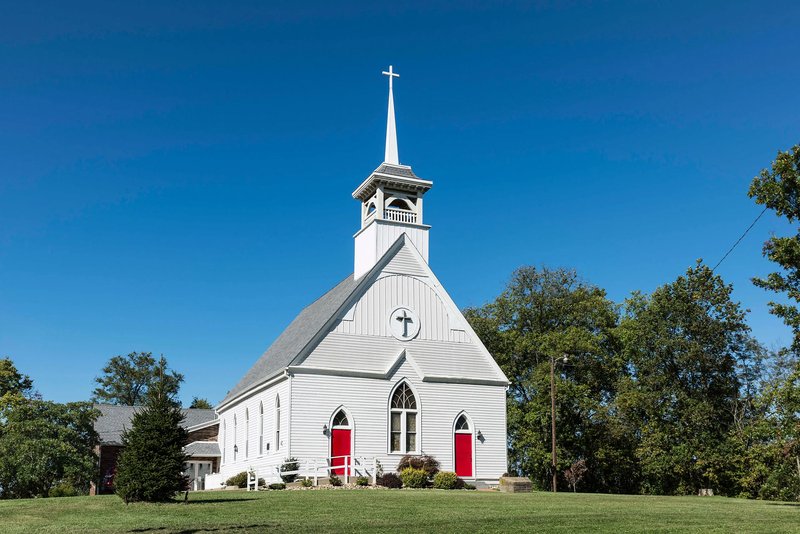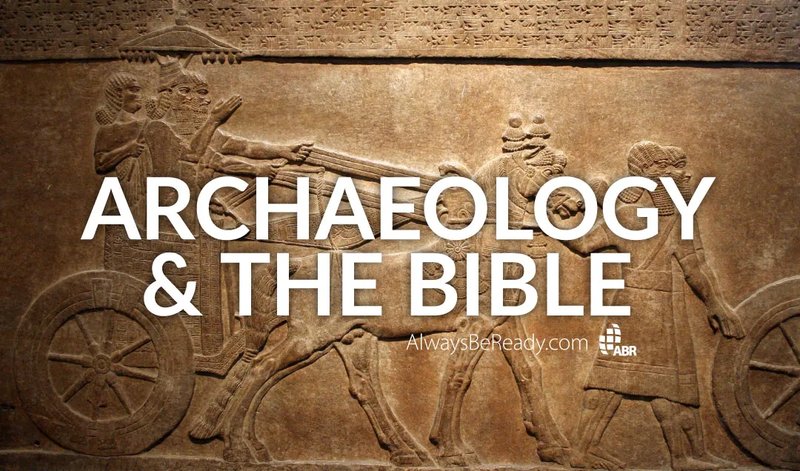· Christianity > Protestant Christianity > Restorationist · 3 min read
**7 Essential Principles for Growing Your Faith the Biblical Way**
Explore the rich history and significance of the Christian Church in this insightful article. Discover the foundational beliefs, practices, and impact of the Christian Church worldwide.

Christian Church
The Christian Church is a religious institution that holds its origins in the Restorationist movement of the nineteenth century. This movement, led by Presbyterian ministers Thomas Campbell and his son Alexander Campbell, sought to restore the practices of the early Christian church as described in the New Testament. The Campbells believed that only what was specifically sanctioned in the New Testament should be included in Christian practice.
1. Origins of the Restorationist Movement
The Restorationist movement began with the teachings of the Campbells, who emphasized that church practice should be “restored” to what it was in the New Testament. They rejected denominational names such as “Baptist” or “Methodist,” as those labels are not found in the New Testament. Instead, they preferred the name “Disciples of Christ.”
At the same time, another prominent figure in the Restorationist movement was Barton Stone, a former Presbyterian minister. Stone’s followers became known as the Christian Church. Eventually, these two movements merged to form the Christian Church (Disciples of Christ), which continued on until it divided in 1906.
2. Division and Formation of the Church of Christ
In 1906, a division occurred within the Christian Church (Disciples of Christ), leading to the formation of the Church of Christ. The Church of Christ rejected the use of musical instruments in worship, as they are not mentioned in the New Testament in conjunction with worship.
The Church of Christ places a strong emphasis on following biblical teachings closely and adheres strictly to what is explicitly stated in Scripture. They believe that practices not found in the New Testament should not be incorporated into worship or church life.
3. Independent Christian Churches
In 1927, some individuals within the Christian Church (Disciples of Christ) grew dissatisfied with what they perceived as liberalism within the organization. They also felt that it had become too denominational, which they believed to be unbiblical. As a result, they formed a separate group of completely independent churches, while retaining the name “Christian Church.”
Independent Christian Churches prioritize their individual autonomy and maintain a fierce independence. Consequently, there is some diversity in doctrine among these churches. They generally emphasize the necessity of water baptism by immersion for salvation. Independent Christian Churches also tend to reject the doctrines of predestination and eternal security, and they are typically amillennial (belief that there will not be a literal thousand-year reign of Christ on Earth) and non-charismatic. Unlike the Churches of Christ, musical instruments are commonly used in worship.
Why This Matters
Understanding the history and divisions within the Christian Church helps Christians gain insight into the diversity of beliefs and practices that exist within the broader Christian community. It highlights the importance of studying Scripture and discerning how it should be applied in contemporary church life.
Think About It
- How might the restorationist perspective impact how Christians approach church practices today?
- What are some advantages and disadvantages of maintaining autonomy as an independent Christian church?
- How can Christians navigate differences in doctrine and practice while still maintaining unity within the body of Christ?
In summary, the Christian Church traces its origins back to the Restorationist movement of the nineteenth century. It encompasses three major groups: the Church of Christ, the Christian Church (Disciples of Christ), and independent Christian churches. These groups share a common heritage but have distinct beliefs and practices. Understanding these divisions can provide Christians with a broader perspective on different expressions of faith within the Christian Church.



